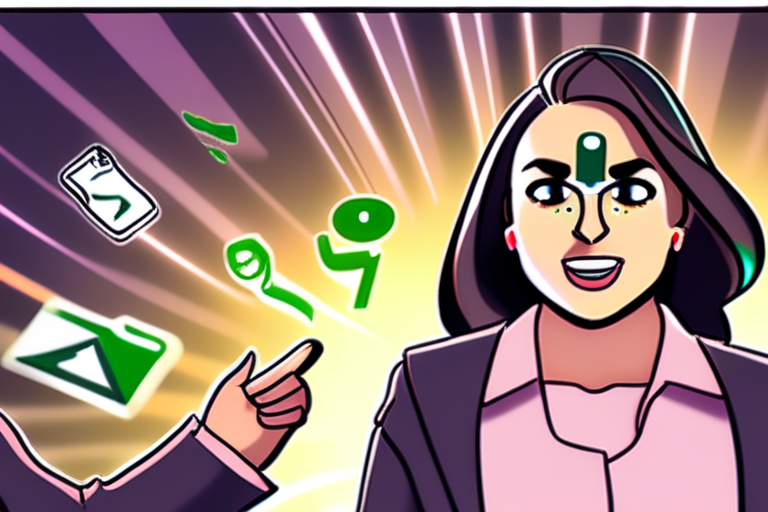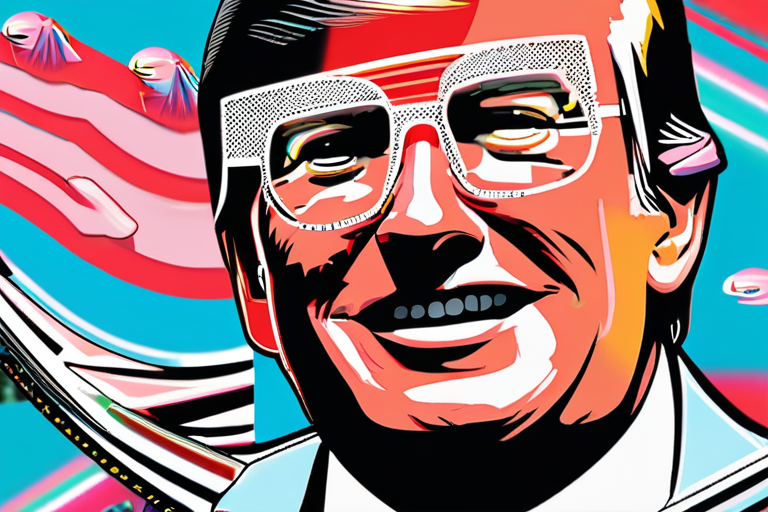A federal judge ruled against the Federal Trade Commission's antitrust suit alleging that Meta had stifled competition by buying up its rivals. In a major victory for the tech giant, U.S. District Judge James E. Boasberg dismissed the FTC's complaint, stating that the agency had failed to provide sufficient evidence to support its claims.
The decision comes as a significant relief for Meta, which has faced intense scrutiny over its acquisition of WhatsApp in 2014 and Instagram in 2012. The FTC had argued that these deals allowed Meta to stifle competition and limit consumer choice. However, Judge Boasberg disagreed, writing in his ruling that the FTC had "failed to demonstrate that Meta's acquisitions of Instagram and WhatsApp were likely to substantially lessen competition."
Meta's acquisition of WhatsApp, a popular messaging app, and Instagram, a social media platform, had been a key focus of the FTC's lawsuit. The agency had argued that these deals gave Meta too much control over the market and allowed it to stifle innovation. However, Meta had maintained that the acquisitions were necessary to stay competitive and provide users with a seamless experience across its platforms.
In a statement, Meta spokesperson Chris Sgro said, "We're pleased that the court has dismissed the FTC's complaint. This decision is a victory for innovation and competition in the tech industry." Sgro added that Meta would continue to invest in its platforms and services, including WhatsApp and Instagram.
The FTC's lawsuit was part of a broader effort to regulate the tech industry and promote competition. The agency had argued that Meta's dominance in the market had led to a lack of innovation and choice for consumers. However, the judge's ruling suggests that the FTC's case may have been overstated.
The decision is likely to have significant implications for the tech industry, as it sets a precedent for future antitrust cases. It also highlights the challenges of regulating the tech industry, where companies are constantly evolving and adapting to changing market conditions.
As the tech industry continues to evolve, it remains to be seen how Meta will use this victory to its advantage. The company has already begun to invest in new technologies and services, including its virtual reality platform, Horizon. With this ruling, Meta may be emboldened to pursue even more ambitious projects, potentially changing the landscape of the tech industry in the process.
The FTC has not yet announced whether it will appeal the decision. However, the agency has stated that it will continue to monitor the tech industry and take action when necessary to promote competition and protect consumers.



























Share & Engage Share
Share this article